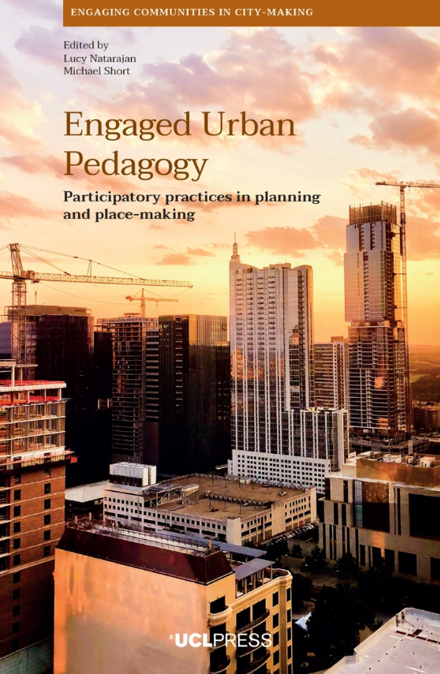Engaged pedagogy, informality and collaborative governance in South Africa

South Africa has long emulated urban planning practices from Northern systems, a trend reinforced by the education and training provided to students studying urban planning in higher education institutions. Concerns have emerged about the relevance and applicability of these methods when it comes to planning African cities. Addressing these challenges carries educational implications, as future planners must comprehend the intricate nature of a rapidly evolving profession. This necessitates the utilisation of varied and inventive approaches to engage students in deciphering swiftly transforming formal and informal urban contexts.
This chapter delves into the conflict between planning procedures that claim to be collaborative but are hindered by legislative designs that curtail and weaken planners' capacity to engage in collaborative and participatory planning endeavours. It also examines the resulting repercussions for urban residents, particularly those in informal settlements, and explores the impact on higher education pedagogy within this context. Many of these ostensibly participatory processes are often co-opted by an influential group, who exploit such processes to advance their own agendas, rendering them highly exclusive.
Abstract based directly on original source.


Comments